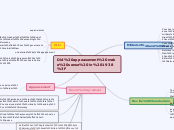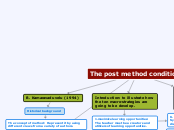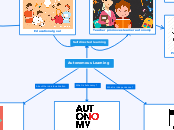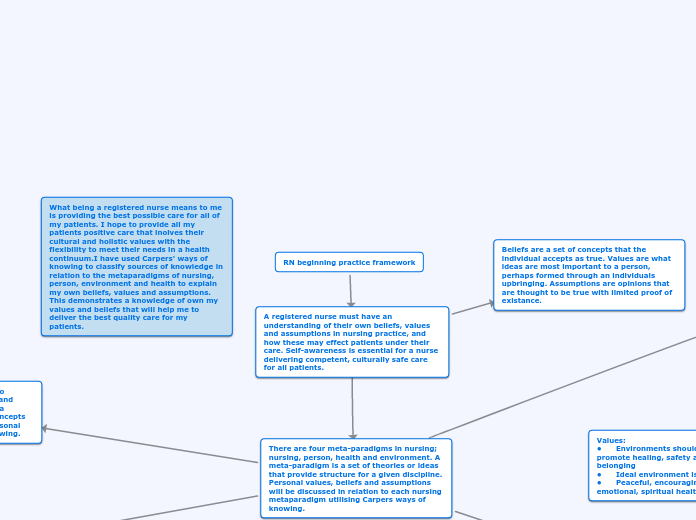by Jenny D 6 years ago
238
History Investigation
The Munich Agreement, signed on September 30, 1938, by Germany, Great Britain, France, and Italy, marked a pivotal moment in European history. It effectively sacrificed the autonomy of Czechoslovakia in the name of short-term peace, allowing Hitler to expand German territory unopposed.
Open
Munich Agreement allowed Hitler to expand German territory Settled on September 30 1938 by Germany, Great Britain, France, and Italy sacrificed the autonomy of Czechoslovakia on the altar of short-term peace Neville Chamberlain sign the Munich Pact, which seals the fate of Czechoslovakia, virtually handing it over to Germany Did appeasement make sense in 1938? Appeasement the policy of making concessions to the dictatorial powers in order to avoid conflict Hitler violated the Munich Agreement by occupying the rest of Czechoslovakia in March 1939 undeterred by appeasement threatened war after Czech government declared martial law encouraged the leader of the Sudeten Nazis to rebel, demanding union with Germany expansionist Neville Chamberlain averted war by agreeing that Germany could occupy the Sudetenland, the German-speaking part of Czechoslovakia believed he achieved peace after meeting with Hitler Wanted to avoid war with Hitler The British Prime Minister at the time Militarism and War Britain and France declared war on Germany on September 3 1939 Germany set up puppet, pro-Nazi regimes that served military and political ends of Hitler Czech government was eventually forced to surrender Great Britain and France wanted to avoid war Czechoslovaks had a treaty with France and were relying on their military assistance









